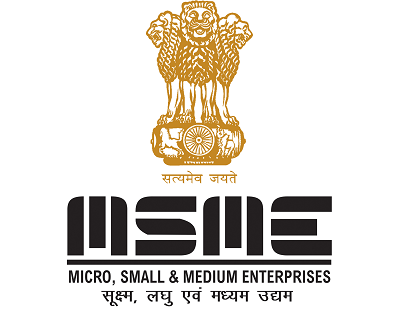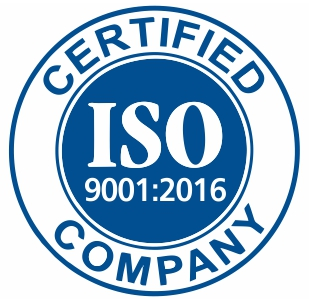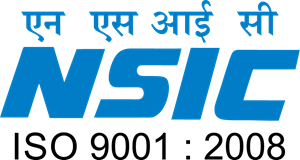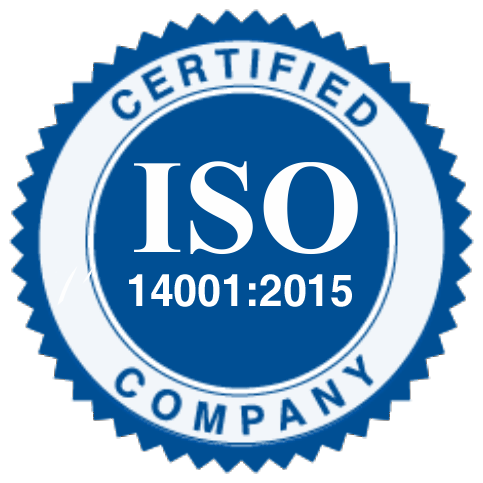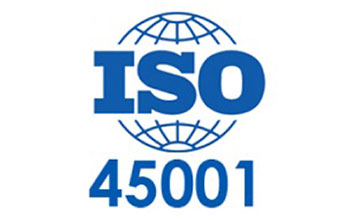LICENSES - LIASONING - AFFILIATION
LICENSES - LIASONING - AFFILIATION
Healthcare licensing
Setting up a healthcare institute, regardless of its size, involves navigating through the obstacle course of mandatory legal and regulatory regulations like licensing, accreditation and permits. These are compulsory assessments made by the government or other regulatory bodies.
Licensing
Medical Licensing is the formal recognition that a healthcare set-up has the capability in terms of infrastructure and expertise to operate. Licensing is compulsory for any healthcare facility and norms differ in each state which has to be followed by the facility according to the governing medical body. If any physician associated with a healthcare set-up does not have an updated. license, legal action can be taken..
Accreditation
Accreditation is a review of excellence. Healthcare practices can prove their capability to stringently adhere to benchmarks set by regulatory bodies by participating in an accreditation process. Accreditation enhances the credibility and trustworthiness of your healthcare organization and builds. confidence in your customer base and your referring doctors. It enhances the corporate identity of your hospital or healthcare facility.
Credentialization
Credentialization validates that a doctor has the required qualification and experience to practice.
Certification
Certification recognizes the extra qualifications possessed by a practitioner. It gives a feel of credibility to your hospital. Certification is not a one-time affair; it involves periodic retests and upgradation.
COMMON REGULATIONS FOR HEALTHCARE LICENSING
Land/Space Permits
Even before the first brick is laid, you must take permission to use the site for a hospital construction from the local government. The land permit is issued after the regulating body inspects the site, the construction plan, and the likely environmental impact
NABH And JCI
NABH (National Accreditation board for healthcare) and are two National and International Quality Accreditations that every hospital and Healthcare facility must be compliant to. NABH guarantees patient safety and quality of services and has been made mandatory by all insurers.
PCPNDT
In India, female infanticide had become rampant due to sex selection in the prenatal stages. To stop this evil practice, the Pre Conception, and Prenatal Diagnostics Techniques (Prohibition of Sex Selection) Act was passed banning gender determination of the foetus
AERB
Some healthcare organizations and Hospitals use X ray machines, radiation therapy and nuclear medicine. E.g., Oncology centres, These hospitals need to apply for AERE certificate that will assess and validate that the radiation used is not causing harm to health and to the environment
NBC
The National Building code statutory requirement that has to be procured before construction.
MTP
This license is especially needed in gynaec and nursing home set-ups and regulates medical termination of pregnancy.
Drug Sale License
If the hospital has a chemist shop or pharmacy within its premises, it will require a drug sale license.
NOC
If you are starting your healthcare practice in a society, the NOC from the society managing committee is needed
Fire Safety Certificate
Fire is a hazard that can cause destruction to life and property. The fire safety certificate tests. and validates your hospital's fire safety protocol. Nowadays even clinics and small Nursing care centres require this license.
Water & Electricity Permits
The water and electricity requirement of hospital is of Herculean proportions. Water and electricity permits from the local body and the electricity board are needed.
Biomedical Waste Authorization Certificate
Hospitals and healthcare units generate piles of biomedical wastes. Proper disposal of these wastes is mandatory otherwise they can contaminate the environment. To govern this, your hospital will have to procure a Biomedical waste authorization certificate from the sanitation department of the government.


